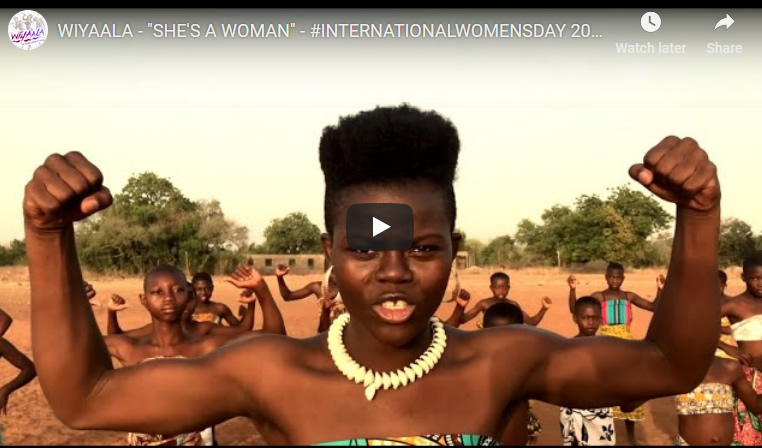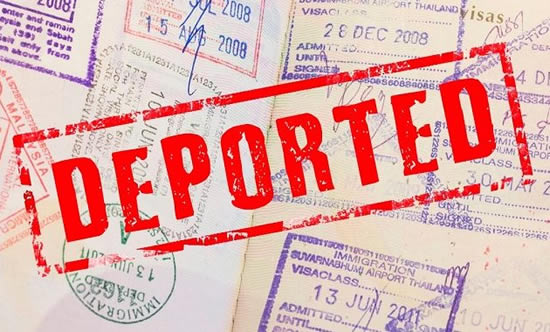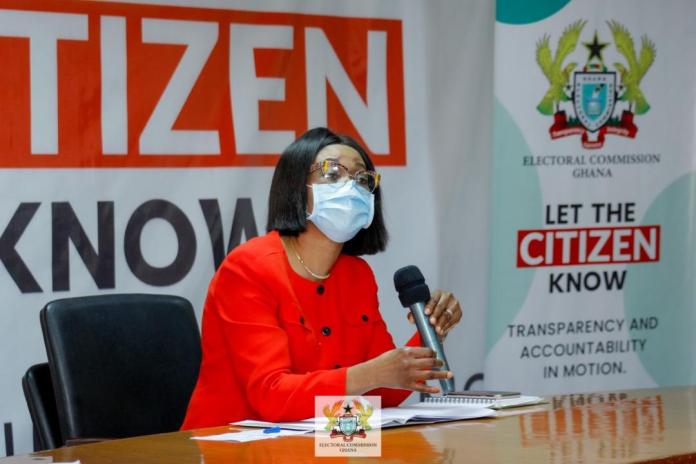“The Hope For a Bright Future – A Mother’s Testimony That Inclusive Education Works”
- Home
- “The Hope For a Bright Future – A Mother’s Testimony That Inclusive Education Works”

“The Hope For a Bright Future – A Mother’s Testimony That Inclusive Education Works”
 One beautiful afternoon, as the sun rose with its beaming smile to welcome a new day, the cry of a baby was heard at the Balobia Health Centre.
One beautiful afternoon, as the sun rose with its beaming smile to welcome a new day, the cry of a baby was heard at the Balobia Health Centre.
After seven years of marriage, Mr. and Mrs. Yusif finally have a child of their own. Kay, their baby boy, brought so much happiness to the home until he turned seven months. He then started experiencing several developmental challenges: It took him a longer time to crawl, walk and even talk like other children.
The challenges experienced by Kay led his parents to seek medical attention and in the event the outcome proved that Kay had a mild condition of Down Syndrome. The news broke the heart of the Yusifs, but it did not lessen their love for their baby boy.
He, however, grew up with decreased muscle tone, a short neck with excess skin at its back, a flattened facial profile and nose, small ears and mouth, upward slanting eyes, and white spots on the coloured part of the eye. Kay also had wide, short hands with short fingers, and a deep groove between the first and second toes.
The level of stigmatisation from the community and strong insults from the family and some community members later led to the absconding of Kay’s father. Kay was thus left in the custody of his mother alone – a poor farmer who earned meagre income from the sale of her farm produce.
She supported Kay and ensured that he had everything he wanted, like all the other children in the community. When he turned seven, she saw the need for him to attend school like all others but due to his rather short span attention on tasks, slow learning of basic stuffs at home, as well as delayed language and speech development, it was challenging. His condition, compounded by the stigma and negative perception of the community members on children with Down Syndrome, Mrs. Yusif decided not to send Kay to school.
One day, however, Mrs. Yusif went to the market to sell her farm produce and to her surprise she met a child with Down Syndrome in school uniform. Out of curiosity, she questioned the child to find out who her parents were, and in the event followed her to her house. She met Mrs. Akoto, the mother of the child, who introduced her to the “God is King” parents self-help group, after a lengthy discussion on the situation of her child. She shared with her a similar story of how her husband left her to raise her child single handedly. She explained that being a member of the parent self-help group had helped to fight the stigma and to support her child, Araba, to be included in the community.
Mrs. Yusif joined the group and attended all their meetings as scheduled, and learnt how to better manage her child. At the meetings she also learnt about the United Nations Convention on the Rights of Persons with Disabilities, (UNCRPD) which has been ratified by Ghana; and Ghana’s Disability Law, Act 715. She understood better the Article 24 of the UNCRPD, which protects the right to education of persons with disabilities. It spells out the right to inclusive education and prescribes the steps that have to be taken to achieve this purpose. It stipulates that children with disabilities should not be discriminated against but that they should be able to participate in the general education system.
The support gained from group members and the Special Education Coordinator in the District aided her son to access the mainstream school in the community.
Kay, unlike those who move from special schools to mainstream schools, gained admission at the Balobia D/C Primary School in his community. His first day at school was an emotional one for Mrs. Yusif. “Well dressed and sharp, Kay looked poised for business,” his mother joked. But Mrs. Yusif also feared that Kay might be discriminated against and might not have friends, thus was very worried. But to her utmost surprise, just a few days of starting school, she realised that two boys and a girl always waited for him on the compound and helped him with his bag and lunch box. She was very pleased, but very curious. She, therefore, decided to ask Kay’s teacher why the children would do that. Kay’s teacher explained that she told them a story about how one physically challenged man had died as a result of having no one to care and show him love. “I believe that is the reason they are giving him such attention.” Young Kay progressed through primary school to Junior High School, doing exceptionally well in his academics for a child with Down Syndrome. He was liked and supported by both his mates and teachers. Prior to his Basic Education Certificate Examination (B.E.C.E), the school contacted the facilitators of the exams about Kay’s condition and how slowly he wrote; so that he was given some additional time. Kay wrote the exams and had some credits and passes and so qualified for admission into Senior High School.
Kay’s success story, gives his mother hope for a bright future. It deserves to be shared and, indeed, be actualised for many children with his condition across the country.
Inclusive education is about how we develop and design our schools, classrooms, programmes and activities so that all students learn and participate together. It is about creating the environment to ensure that learner diversity needs are equally met.
To advance inclusive education, there must be committed and capable teachers and parents; the linkage between implementing inclusive education strategies and school improvement; and the power of peer relationships in inclusive classrooms.
Inclusive education is a must and a reality the nation must take pragmatic steps, including increasing budgetary allocation to achieve. The nation needs every Kay to access education in Inclusive structures to give him a bright future, to live a full life and contribute towards a holistic national development.
By Auberon Jeleel Odoom
Source: GNA
- Share
Classic Ghana
Classic Ghana brings you into a fun world of arts, entertainment, fashion, beauty, photography, culture and all things in between. Let’s explore these together!







